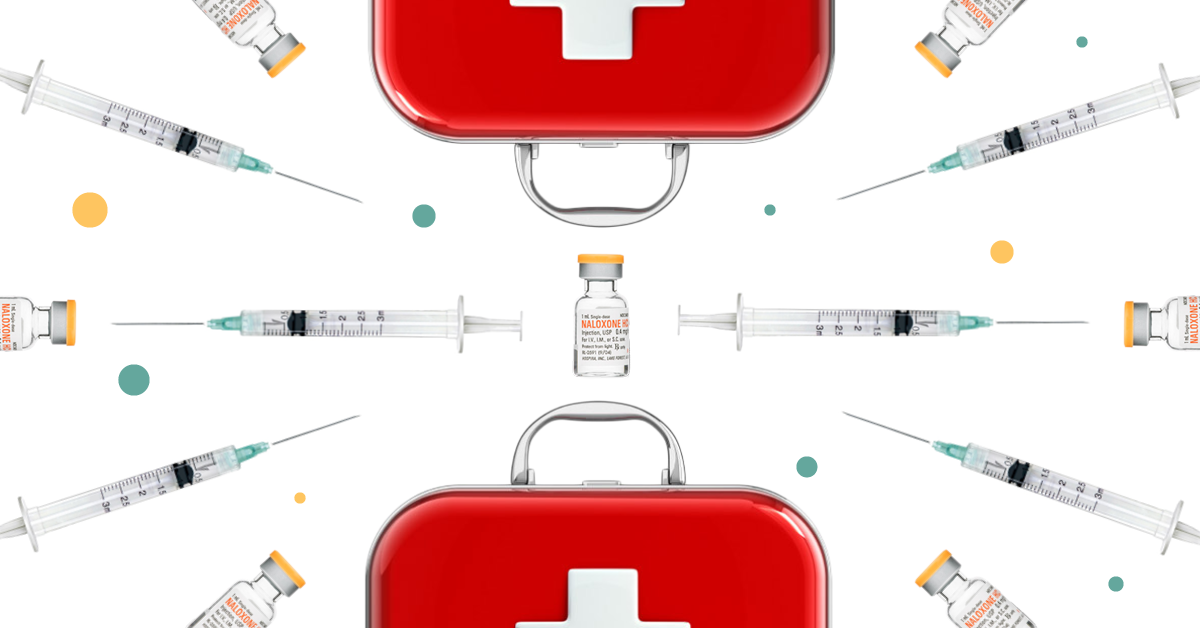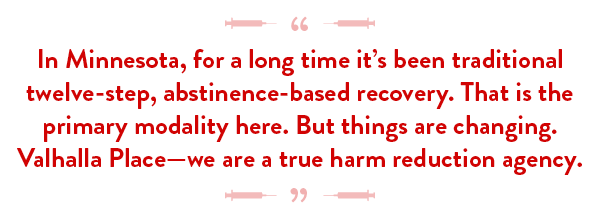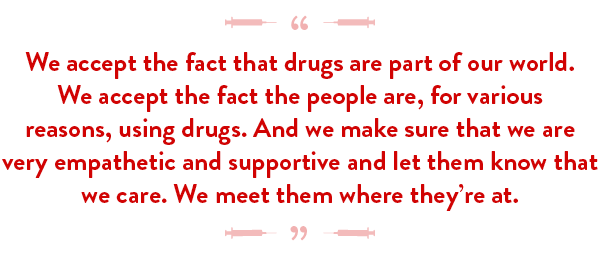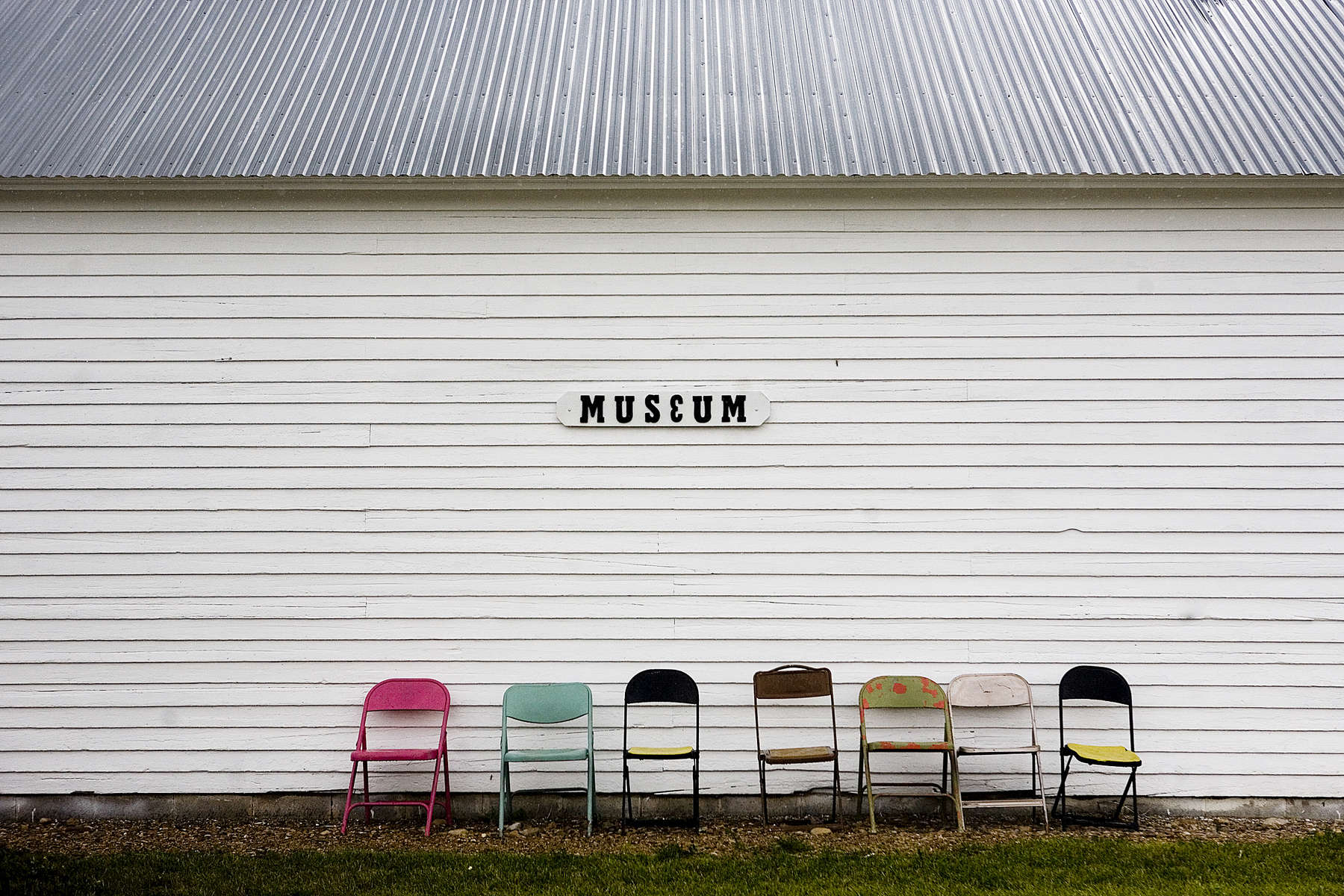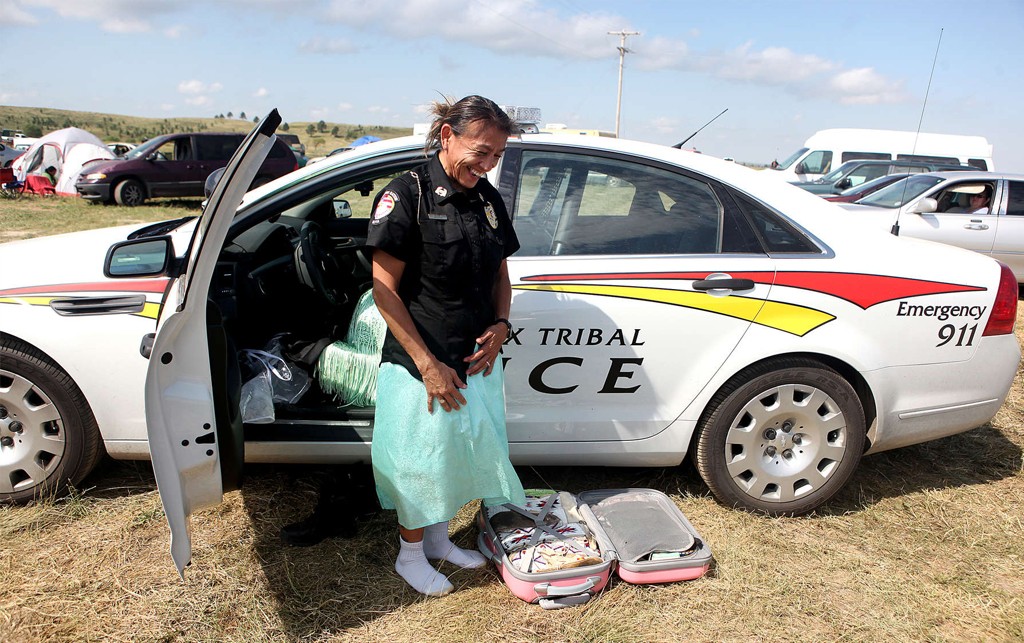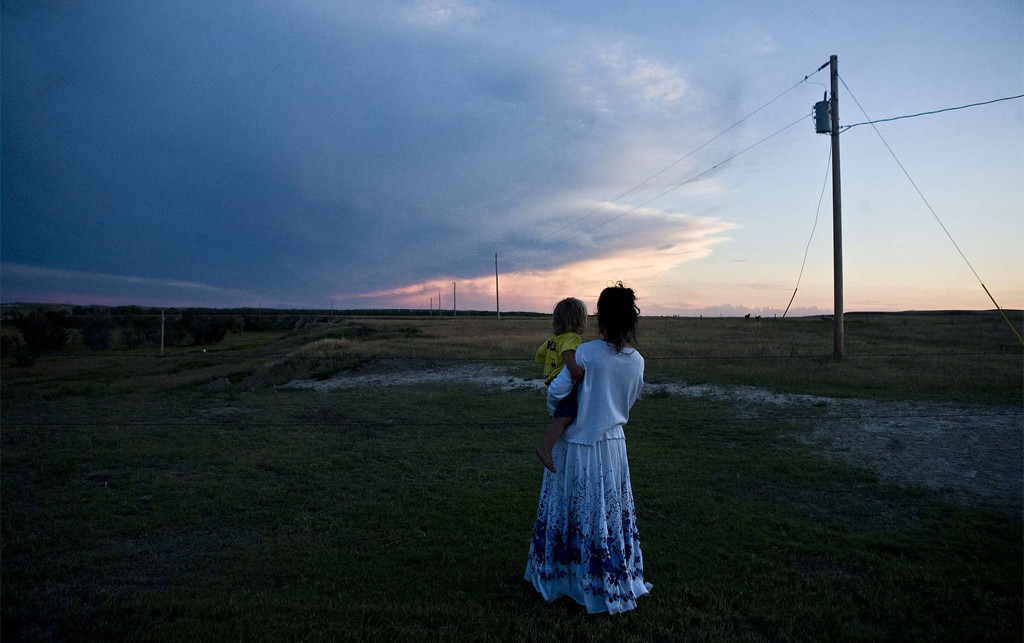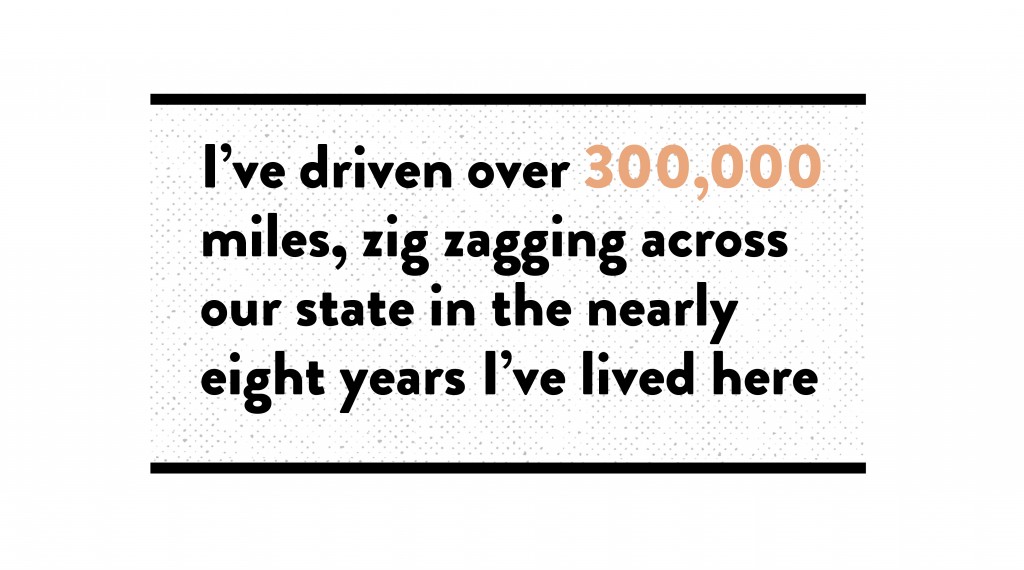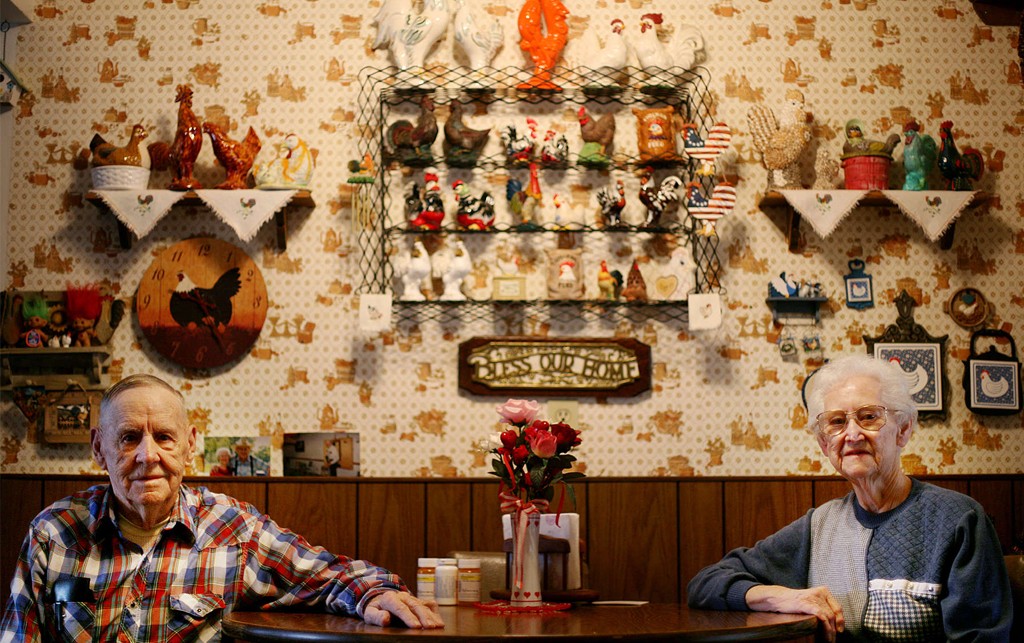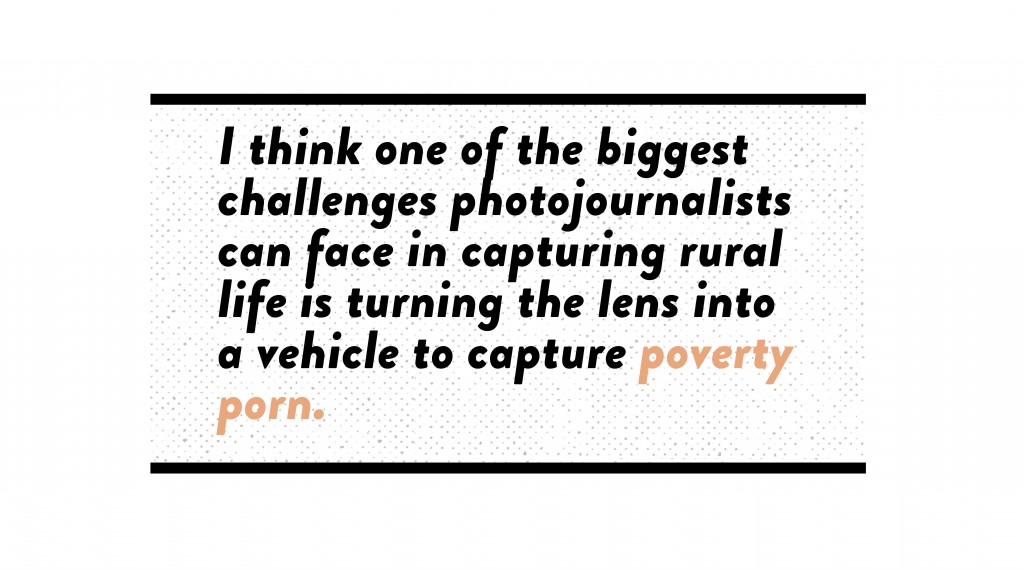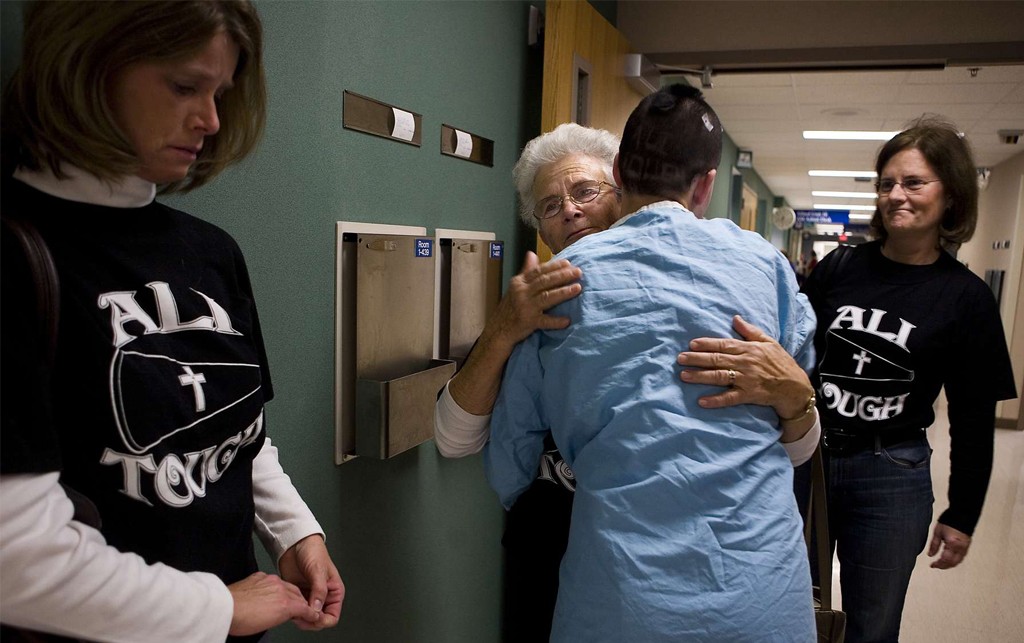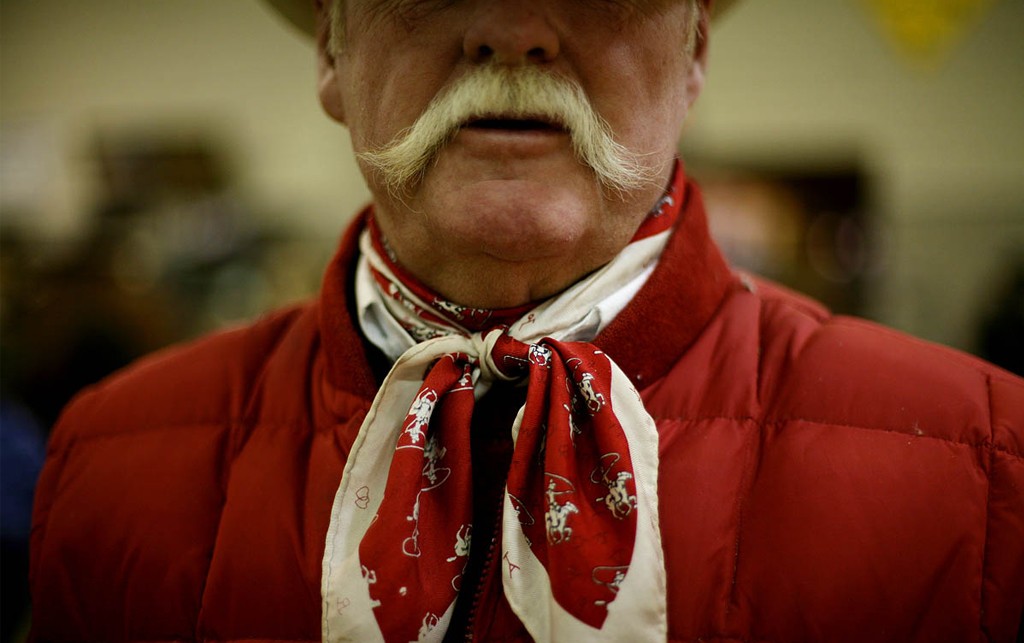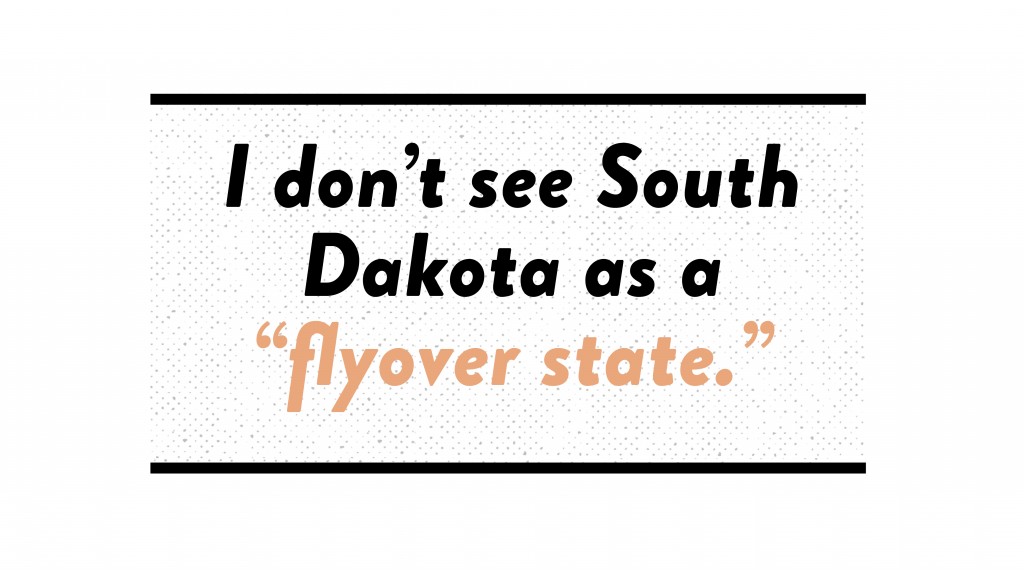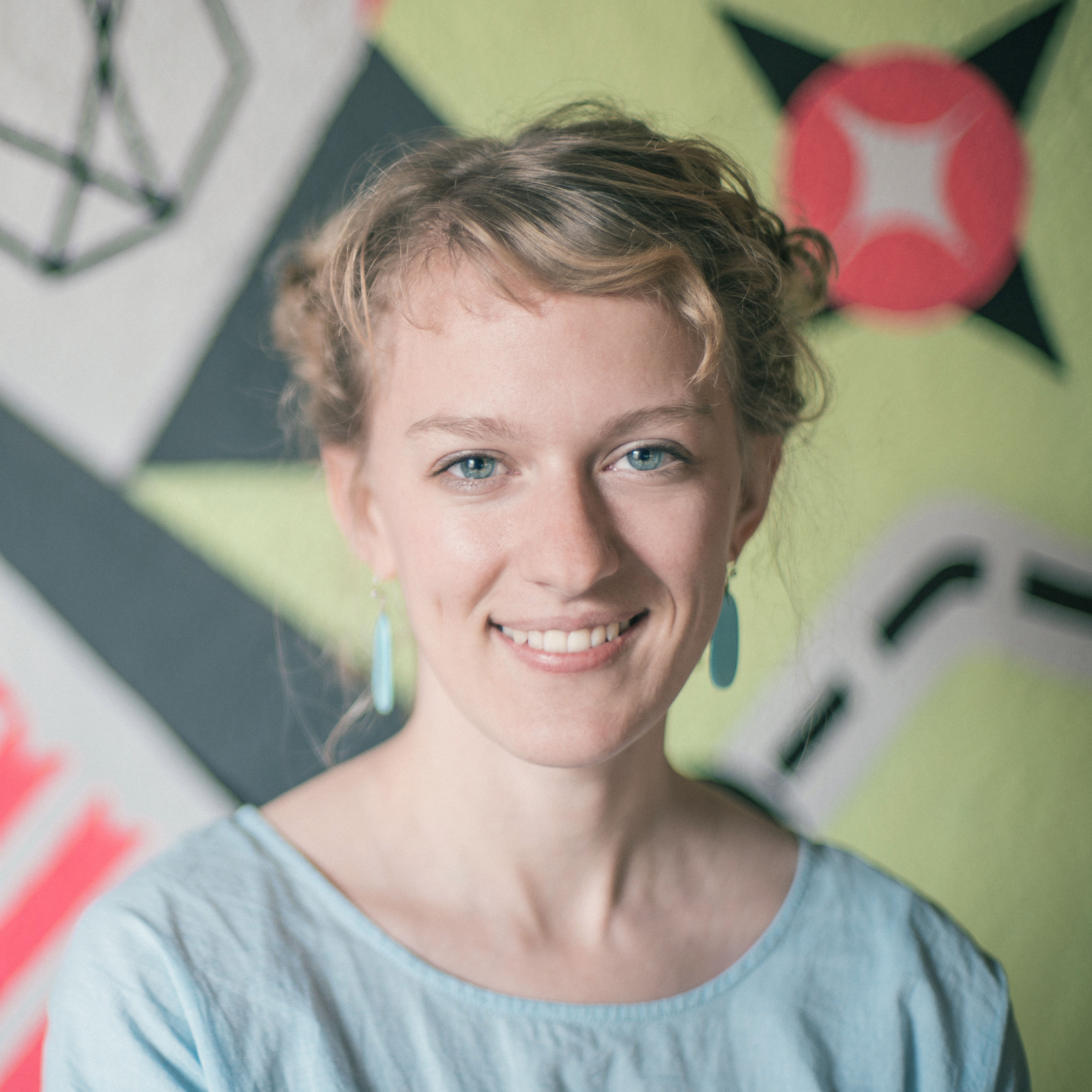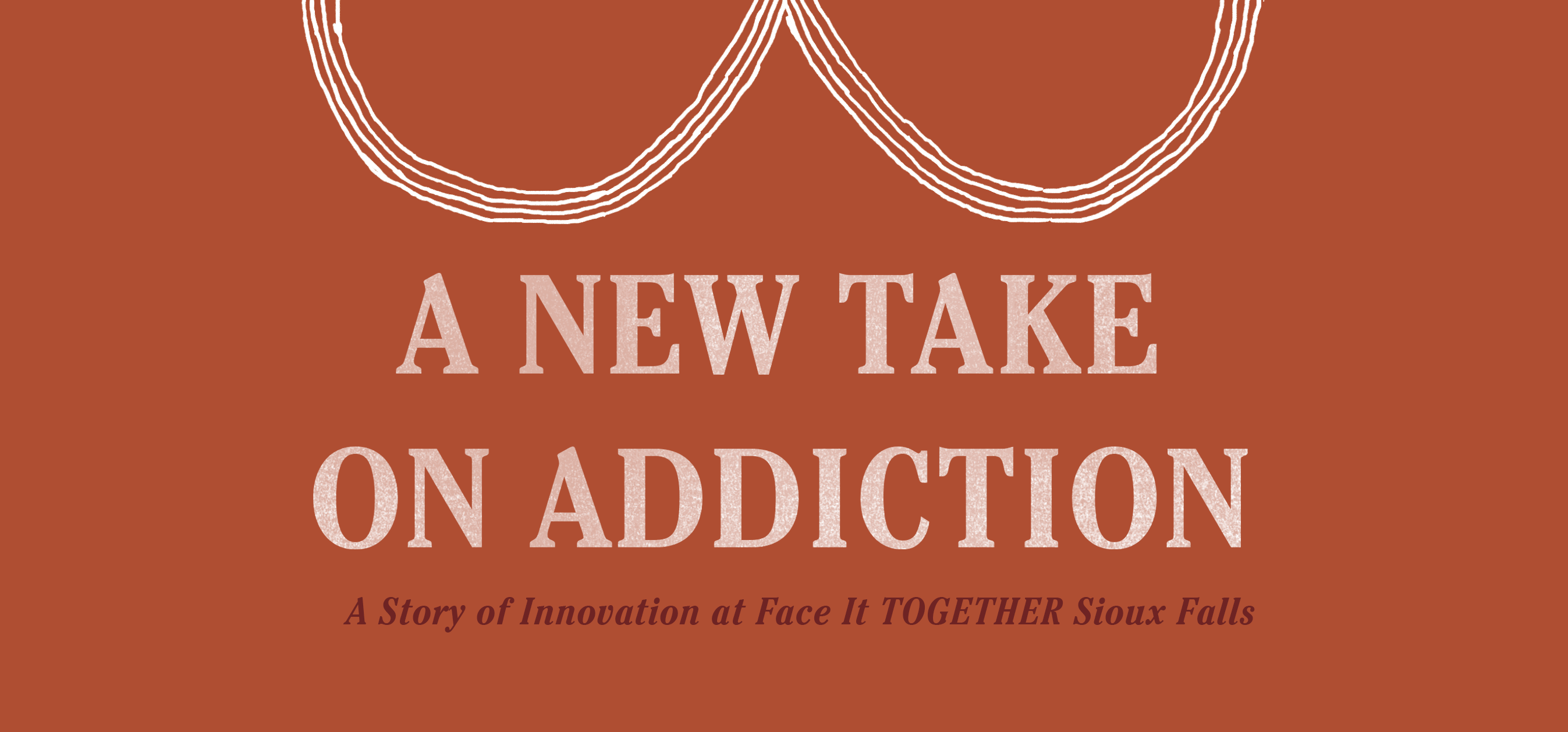

Face It TOGETHER Sioux Falls has a revolutionary, highly collaborative, community-based approach to helping people with drug and alcohol addiction get well. In contrast to traditional treatment methods, Face It Together uses a non-clinical, peer-to-peer addiction management support approach.
Looking at Kevin Kirby, it would be easy to assume he had it all together. He ran companies and nonprofit organizations; he married an accomplished woman; and he lived in a beautiful house with happy kids. But on the inside, Kevin experienced a completely different reality.

“I was dying. My life was a living hell,” he says. “I thought I was crazy. The only thing that gave me any relief from my daily charade was alcohol. I didn’t want to drink; I had to drink.”
Eventually even the alcohol quit working, leaving Kevin feeling hopeless, helpless and suicidal. He finally went to treatment for alcoholism. “I was shocked by what I learned. I wasn’t crazy. I wasn’t unique. I didn’t suffer from depression. I didn’t have an anxiety disorder. I had a treatable, chronic disease called addiction.”
Kevin spent the next two years fighting through the beginning of his recovery with numerous trips to detox, the emergency room and several treatment facilities. He came close to death more than once, and even tried his hand working on a farm and a monastery.
“My experience with this disease has taught me how little it really has to do with drinking alcohol,” he says. “I had a drinking solution to my living problems.”
Across the country, nearly 23 million people struggle with addiction. Established treatment options only reach about 10 percent of those people; Kevin wanted to reach the other 90 percent. He started by opening a transitional home for those recovering from addiction, but that wasn’t enough. Along with his board of directors, Kevin started to shift his lens toward becoming the top advocate for recovery in the country.
As a co-founder of Face It TOGETHER Sioux Falls, Kevin set out to overhaul the traditional approach to recovery that falls back on short-term solutions and puts a Band-Aid on the problems stemming from addiction. He replaced that system with a revolutionary, community-based model that builds an architecture of ongoing support around those seeking recovery. The key to his method is incorporating what the medical community has known for years, but what society has had trouble embracing: that drug and alcohol addiction is not a failing or weakness of character, but a chronic and manageable disease.

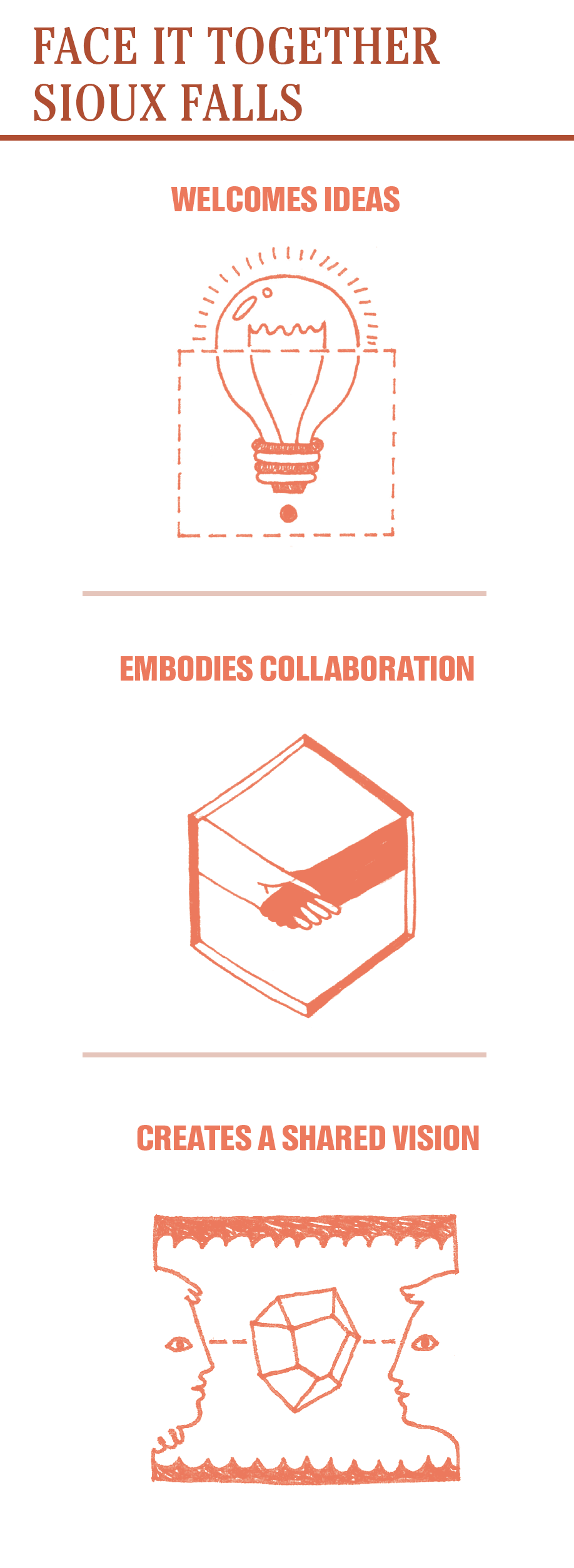
Stigma. Fear. Money. Inaccurate information about how addiction works. All of these barriers prevent people from linking up with the help they need to manage their disease.
In 2009, Kevin and his team led a series of innovative town hall meetings to brainstorm new ways to fix the broken field of addiction recovery and treatment. What they came up with was Face It TOGETHER Sioux Falls, a cutting-edge model that provides a continuum of services to guide people through the phases of recovery at no cost.
While state and federal funding support most addiction and recovery programs, the founders of Face It TOGETHER Sioux Falls considered that paradigm unsustainable and decided to cast a wider net. First, the team identified employers in the area that would support its work. Then Kevin and his board looked to public officials, nonprofits, community foundations, the social service arena and other national experts in addiction recovery. “We wanted representatives of all sectors to come,” Kevin says.
Over the seven-month town hall process, Face It TOGETHER Sioux Falls facilitated discussions between these groups. Anywhere from 30 to 50 people showed up to each meeting. “Our ideas were bold and unprecedented,” says Kevin. “We believed that if we got enough brain space from leaders, we could reject the status quo and find creative ways to solve our biggest health and societal challenge. We described the problem as we saw it, and then watched the process unfold.” It worked. Armed with statistics, attendees started asking their own questions—and demanding solutions.
The employer community immediately recognized that despite providing wellness programs, nearly 10 percent of its employees still struggled with untreated addiction. For that, companies paid the price. Nationally, businesses pay out nearly $250 billion a year for addiction, or $1,700 for every employee who doesn’t seek help. The employers participating in the meetings saw a solution, though. Unlike other recovery organizations across the nation, Face It TOGETHER Sioux Falls sustains itself in large part through private-based revenue. While it receives a handful of grants and donations, the bulk of its funding comes from member employers that pay $40 per employee to join. In return, companies receive workplace education, tools that measure outcomes and training support. In exchange, Face It TOGETHER Sioux Falls saves businesses money by decreasing healthcare costs, improving safety, increasing productivity and reducing the amount of time employees miss work due to addiction.
By 2014, Face It TOGETHER Sioux Falls had reached 31 employer partners. The collaborative approach from which Face It TOGETHER Sioux Falls first launched continues to serve as the backbone of the organization and sustains its visionary work. With its partners, Face It TOGETHER Sioux Falls battles against established treatment systems that are resistant to change even though only seven percent of those first-time patients enter into recovery. Since 2009, Face It TOGETHER Sioux Falls has served over 8,000 people with a distinct range of addiction management services not offered elsewhere. In 2014, 62 to 82 percent of Face It TOGETHER Sioux Falls clients reported being in recovery a year after starting with the organization. Those kinds of rates convinced the local chapter of United Way to invest financially in Face It TOGETHER Sioux Falls for the benefit it adds to the community. Those percentages also helped Face It TOGETHER Sioux Falls convince two competing healthcare providers to support its unique approach to addiction.
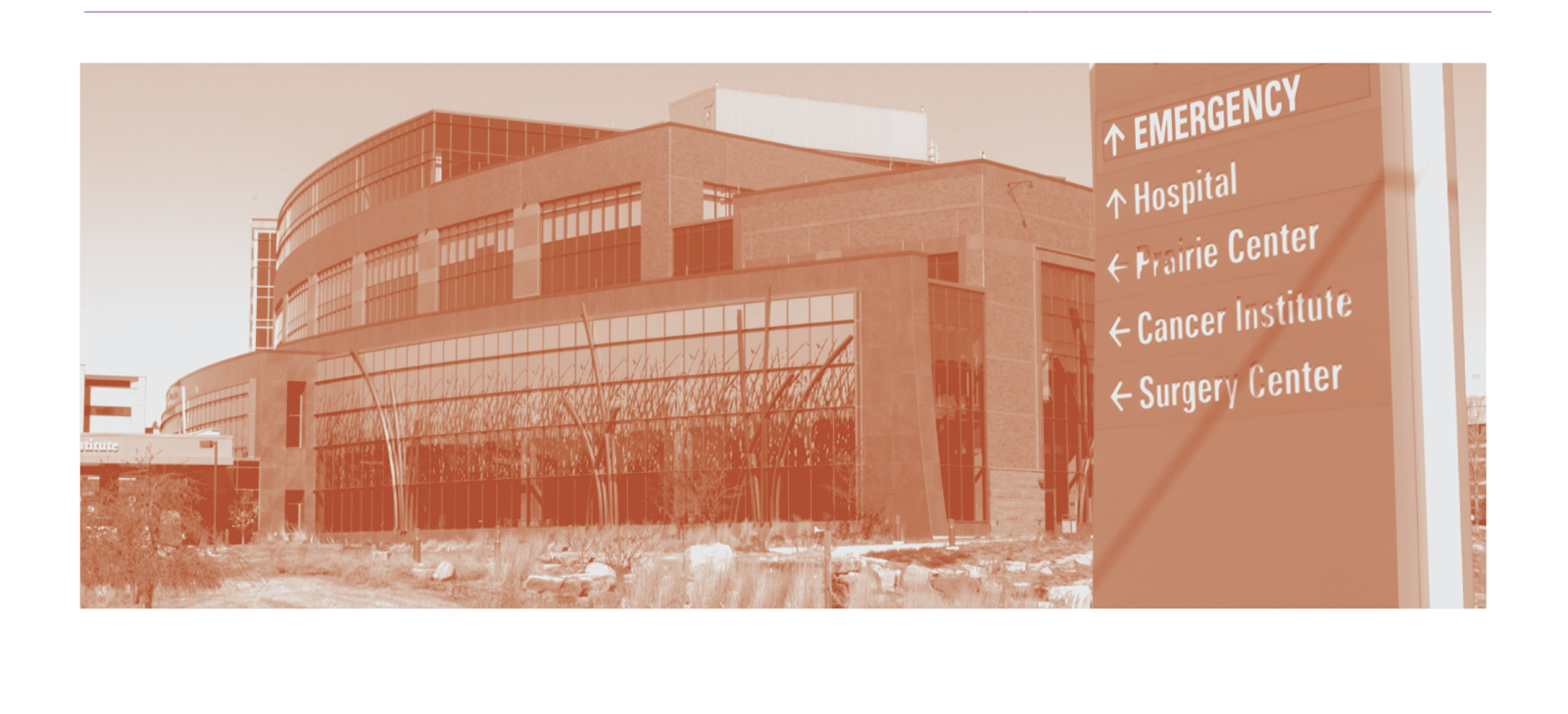
Becky was in her early thirties when she realized if she didn’t do something soon, she would die from drug and alcohol use. After relapsing several times, she felt scared to make the call to Face It TOGETHER Sioux Falls to start down the path to wellness again. Despite that, she picked up the phone. Two years later, she became a volunteer coach with the organization.

Peer recovery coaches are a cornerstone in Face It TOGETHER Sioux Falls’ work and let the organization do something other providers often can’t: offer ongoing emotional and practical support for survivors of chronic addiction. Coaches dig in with clients to understand how addiction affects a patient’s health, relationships and work, and to understand the barriers and opportunities that could help or hinder recovery. Coaches like Becky use role-playing, scenarios and simulation exercises to strengthen recovering clients’ skills and then tailor individualized, long-term management support plans for them.
For many staff members, their first introduction to Face It TOGETHER Sioux Falls was as someone suffering from addiction. Face It TOGETHER Sioux Falls makes a habit of hiring these individuals and leaning on their expertise to brainstorm more effective ways of treating addiction and helping survivors manage recovery. Face It TOGETHER Sioux Falls’ collaborative, flat organization style gives all of its employees an equal voice at the table, and means the organization views their clients not just as survivors, but as an essential piece in managing the recovery of others suffering with addiction, too. The group’s non-hierarchal structure is based on the belief that good ideas can come from any corner of the organization. That attitude creates spaces for new ideas to surface that push the organization’s work forward and help more people struggling with addiction move toward recovery.
When Face It TOGETHER Sioux Falls first started, it didn’t have any tools or technology that could reliably capture data and share information among its partners. “We could tell you the last day someone had a drink, but that doesn’t fully explain the wellness experience,” says David Whitesock, the chief data officer at Face It TOGETHER, who is also in recovery. “We asked, ‘What data do we need to capture? What instruments can quantify and measure it?’”
To answer that question, David led the development of two innovative tools that measure addiction wellness: the Recovery Capital Index and the AXIS Addiction Management Platform. With them, the organization can track trends, improve patient wellness and reduce the costs related to treating addiction. The tools allow coaches and other providers to identify best practices, measure multiple dimensions of wellness and recovery, track clients’ progress and tailor support to fit each individual. Since few addiction or recovery organizations use data and technology to measure outcomes in this way, Face It TOGETHER is setting a new, national standard in the industry.
In a former life, David’s addiction to alcohol may have defined him. But now, like Kevin and the countless other team members at Face It TOGETHER Sioux Falls who are in recovery, he’s using that past life to redefine how we understand and treat the chronic disease of addiction that still affects 23 million people.
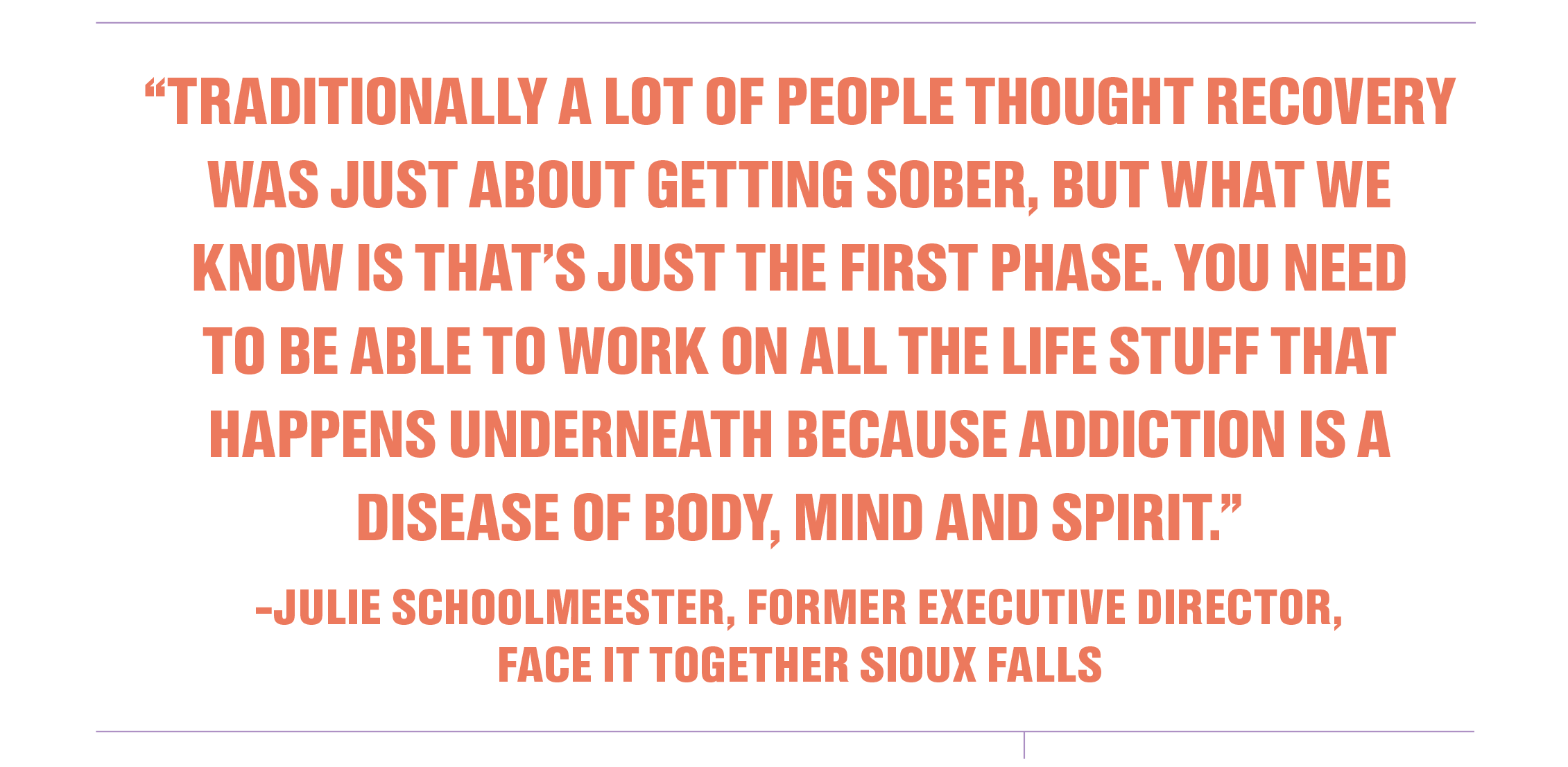
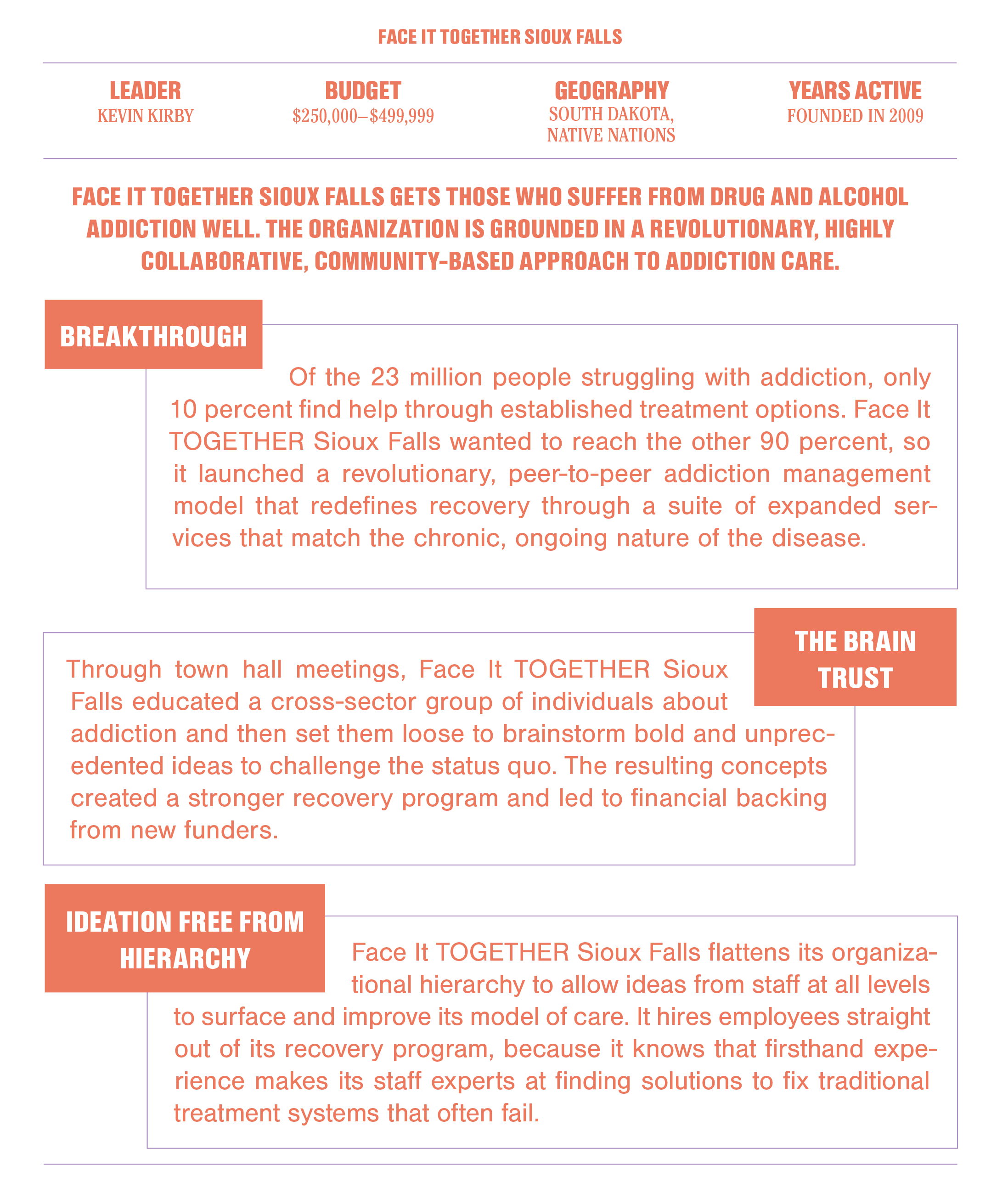

Produced in partnership with the Bush Foundation
to showcase the culture of innovation
behind its Bush Prize winners.
Contributors
